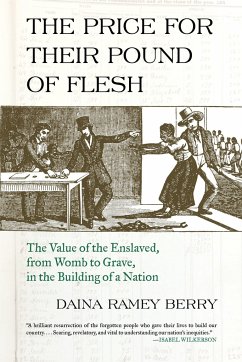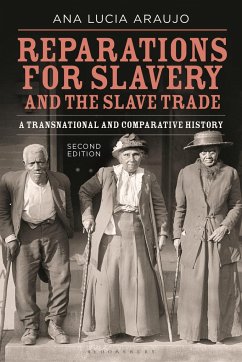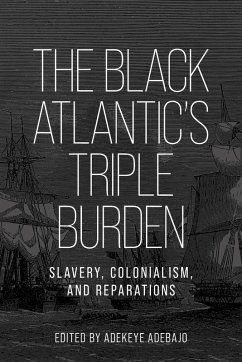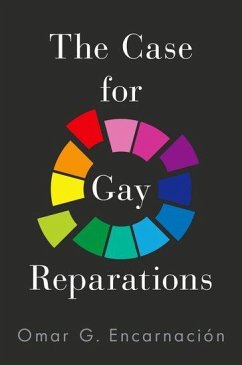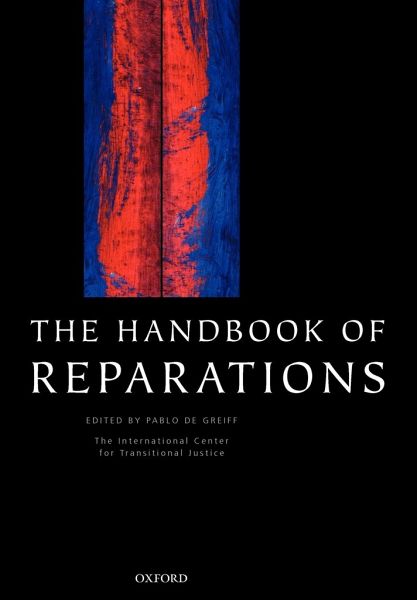
Broschiertes Buch
The Handbook of Reparations
Versandkostenfrei!
Versandfertig in 1-2 Wochen

PAYBACK Punkte
65 °P sammeln!




Offering the most comprehensive book-length study to-date of reparation programmes, this Handbook contains an innovative blend of case-study analysis, thematic papers, and national legislation documents from leading scholars and practitioners.
Pablo De Greiff is Director of Research at the International Center for Transitional Justice (ICTJ). Originally from Colombia, he obtained his B.A. at Yale and his Ph.D. in philosophy at Northwestern University. As Director of the ICTJ's Research Unit, he has overseen a global reparations project and has been actively engaged in disseminating the results via papers, conferences, and technical assistance in Guatemala, Peru, and to the United Nations. Prior to joining ICTJ, he was associate professor in the Department of Philosophy at the State University of New York at Buffalo. He has written extensively on transitions to democracy, democratic theory, and the relationship between morality, politics, and law. From 2000 to 2001, he was the recipient of a fellowship from the National Endowment for the Humanities, and was a Laurance S. Rockefeller Fellow at the Center for Human Values at Princeton University.
Produktdetails
- Verlag: Oxford University Press
- Seitenzahl: 1056
- Erscheinungstermin: 14. August 2008
- Englisch
- Abmessung: 244mm x 170mm x 57mm
- Gewicht: 1796g
- ISBN-13: 9780199545704
- ISBN-10: 0199545707
- Artikelnr.: 25007115
Herstellerkennzeichnung
Libri GmbH
Europaallee 1
36244 Bad Hersfeld
gpsr@libri.de
Für dieses Produkt wurde noch keine Bewertung abgegeben. Wir würden uns sehr freuen, wenn du die erste Bewertung schreibst!
Eine Bewertung schreiben
Eine Bewertung schreiben
Andere Kunden interessierten sich für



